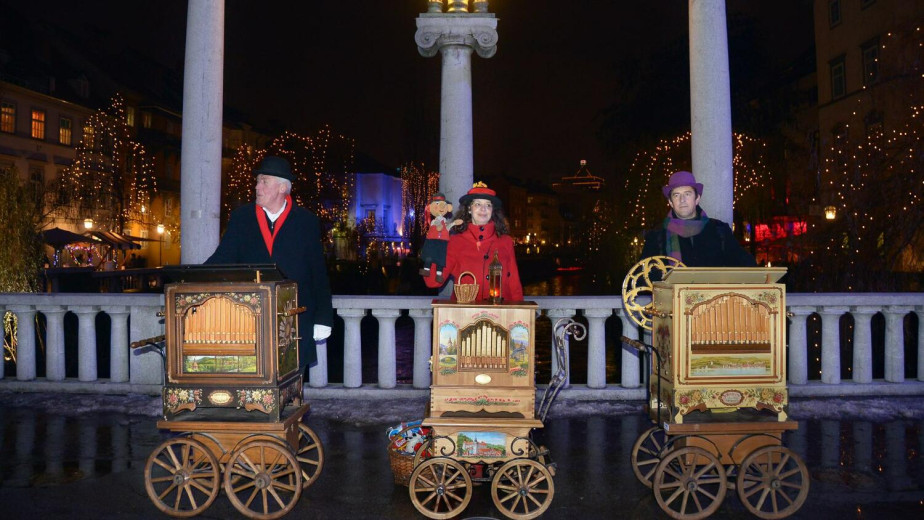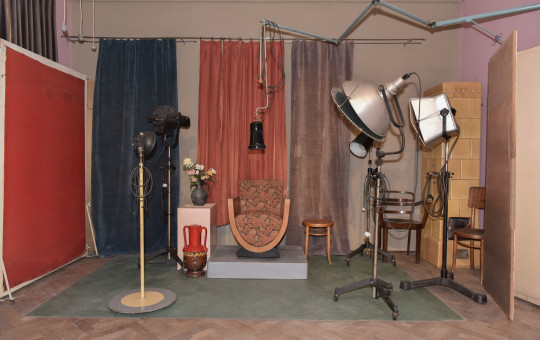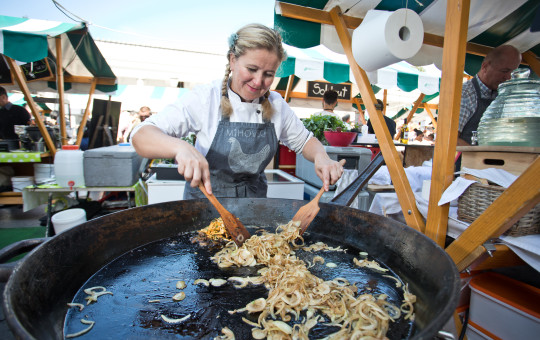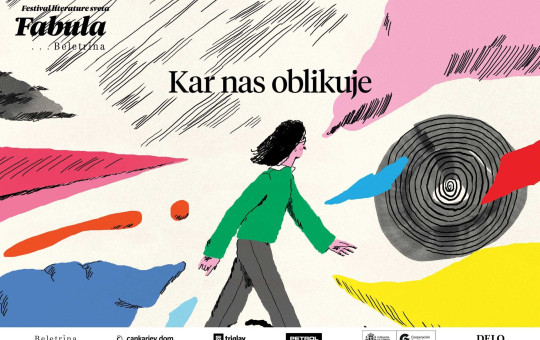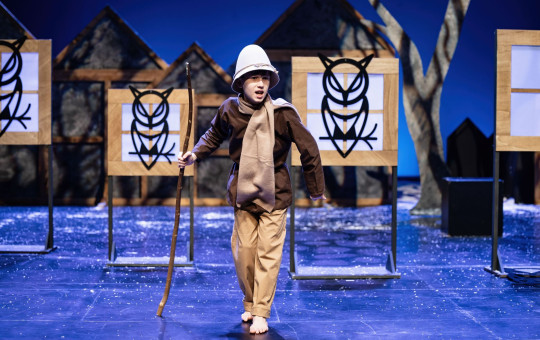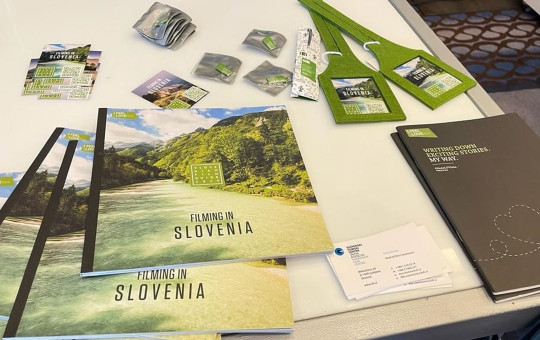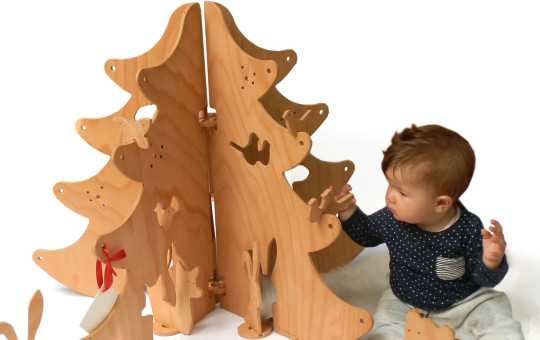This year, the linemen have come to Ljubljana's Old Town and have become indispensable during the merry season of December. They entertained passers-by with well-known songs and invited them to stop and listen.
A group of linemen, dressed in long black coats, white gloves and round half-cylinders, will take hold of the handles of unusual musical instruments at 4pm every day these days. Although the lute is best known for being the instrument most often used by beggars travelling from village to village in the 19th century, playing it is not as automatic as it seems.
With the Žogica Marogica, the bark reaches the children
Rastislav Rastko Tepina, President of the European Federation of Linemen, who is accompanied by two other linemen, says that their musical repertoire is varied and composed in the hope that there will be something for everyone. His journey with the lajna began some thirty years ago, and he now has six at home. "At that time, there were no barkers in the Eastern Bloc, because under socialism barking was equated with begging and therefore forbidden. So I revived the tradition." But do younger generations today even know this musical instrument and the lajnar, described by ethnologist Janez Bogataj as "actors of history"? "Of course, because almost everyone meets the Žogica Marogica at least once in their childhood," Tepina recalls of the popular puppet show and its chant "we had a drum and a snare and the ball was with us, we still have the drum and the snare, but the ball got away from us".
For many years, he has been gaining skills on the stage, which has helped him a lot with his barking. "The lajna is an instrument that not only enchants, but also bewitches," he says. A few years ago, with the help of European funding, he also ran a year-long barking school under the auspices of the Kranjski komedijanti (Kranj Comedians) association. More than ten students took part and half of them are still spinning the lajna at various events in Slovenia and abroad.
Slovenians, French, Hungarians, Slovaks, Italians and Germans have joined the Federation. The association is based in Kranj, Slovenia, and Rastko was chosen as its first president. The role of the Alliance is to spread goodwill to new places, to help members with new insights and to work together on interesting European projects. So far, they have already established an alliance in Croatia with the Špancirfest festival in Varaždin.
Date: 14. December 2023
Time to read: 1 min

